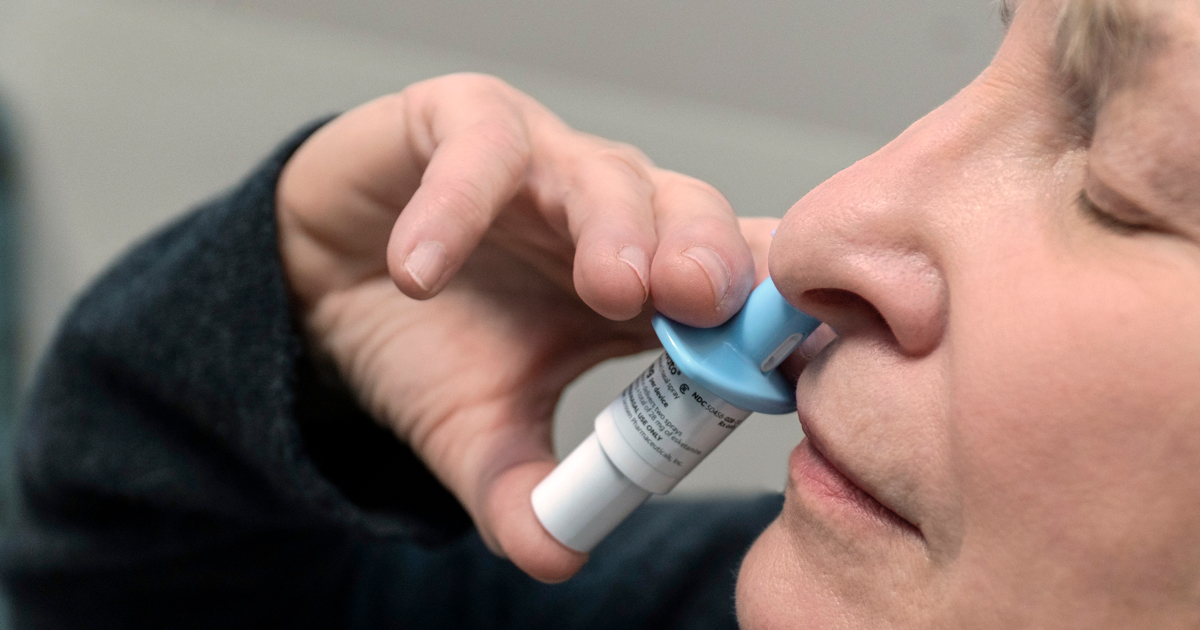Depression has been described for millennia. The ancient Greeks called it melancholia because they believed it was due to an excess of black bile. Today, Major Depression is a serious medical illness affecting more than 14 million American adults every year. Major Depression results in a persistent state of sadness that may interfere with an individual’s thoughts, behavior, mood, and physical health. Symptoms may include:
- Lack of interest in usual activities or an inability to experience pleasure
- Difficulty thinking or concentrating.
- Feelings of worthlessness, hopelessness, helplessness, or guilt
- Changes in sleep habits and decreased energy
- Loss of appetite or significant weight gain or weight loss
- Thoughts of death or suicide
While the exact cause of depression is not known, it is known that depression is characterized by an imbalance of the brain’s neurotransmitters, as well as decreased activity in the frontal lobes of the brain. Neurotransmitters are chemical messengers that send signals between brain cells. Depression is most often treated with antidepressant medications. It is believed that antidepressant medications work by increasing the levels of these neurotransmitters. Although antidepressants can be effective for many patients, they do not work for everybody. Additionally, antidepressant medications circulate in the bloodstream throughout the body, and can result in unwanted side effects such as weight gain, decreased sex drive, nausea, sleepiness, and dry mouth. Millions of patients do not receive adequate benefit from antidepressants and/or cannot tolerate the side effects caused by them.
For these patients, NeuroStar TMS Therapy offers a new way back from depression and its treatment side effects. Learn more about TMS Therapy.



